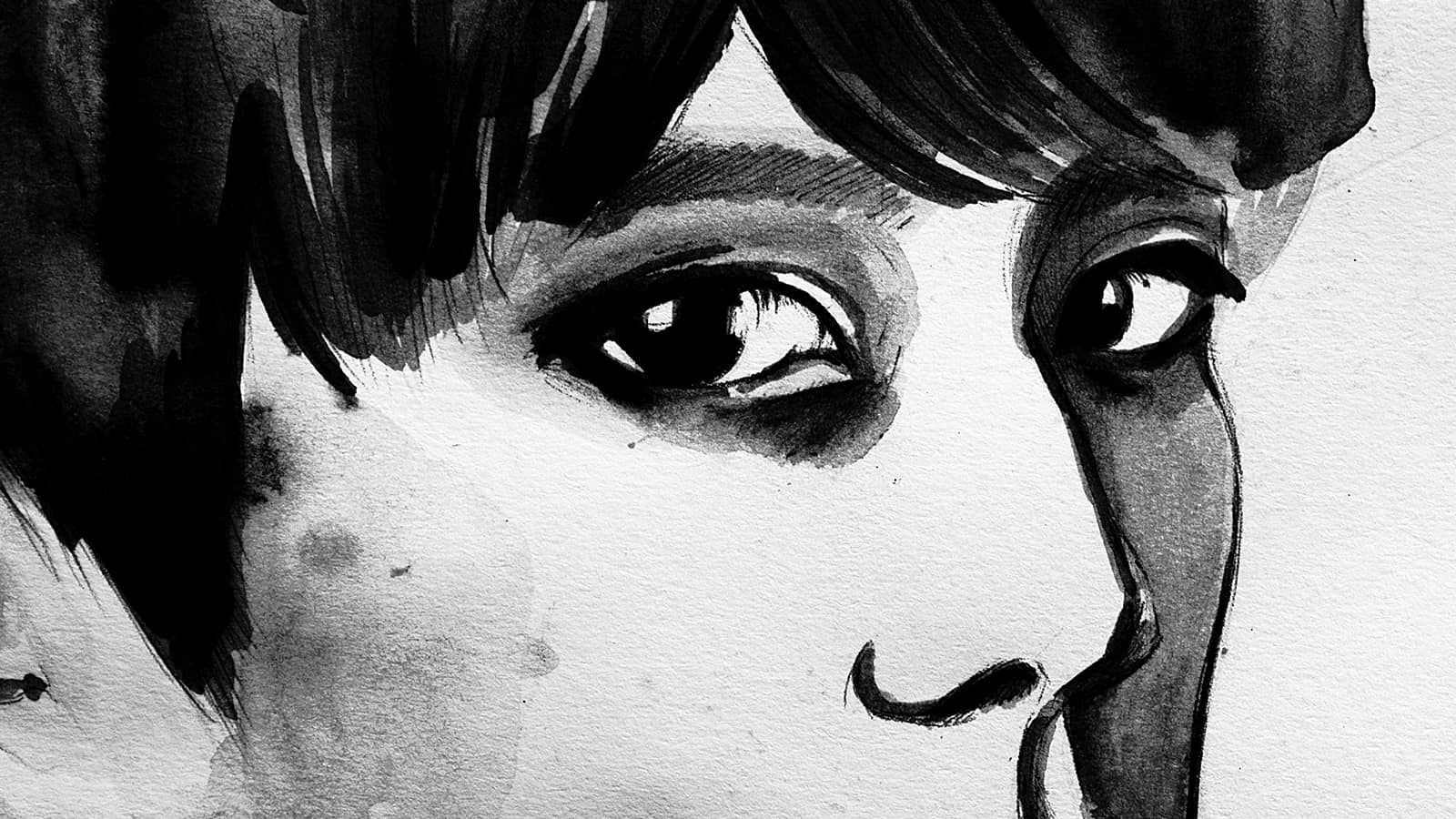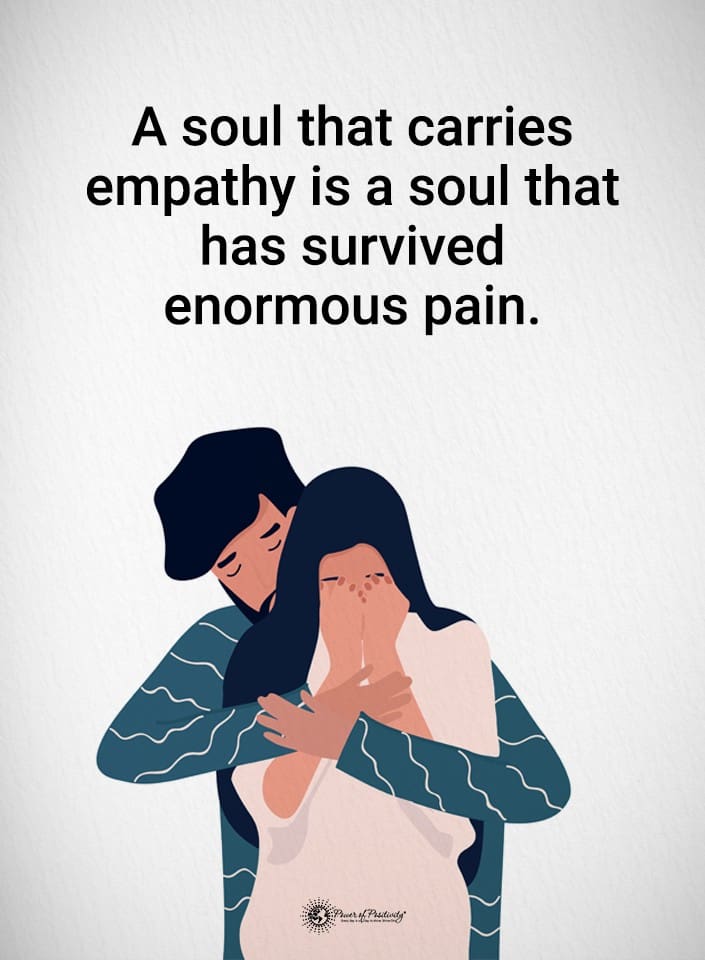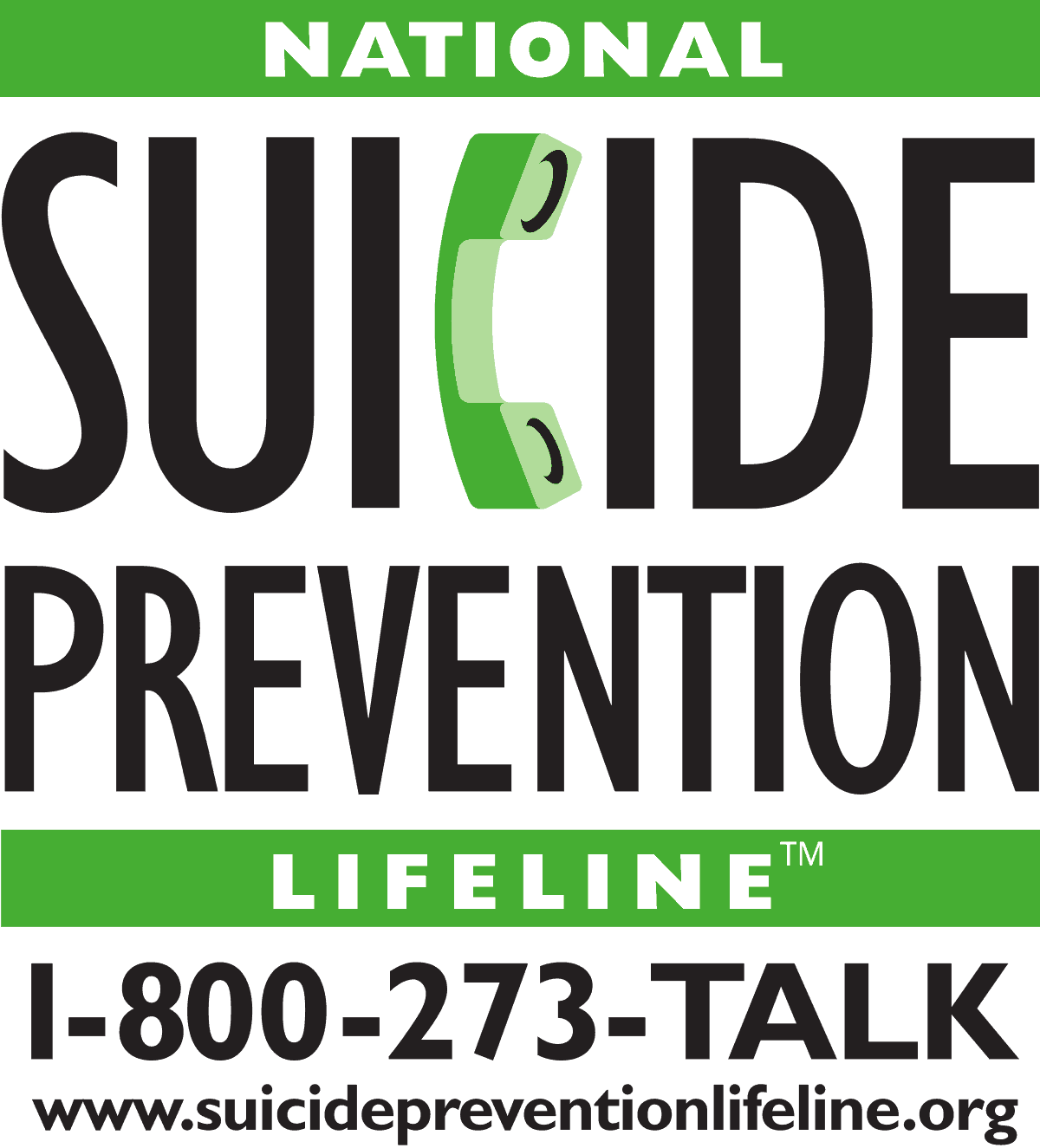Life is a precious gift that is renewed each day. For some, it can become so burdensome that they decide to take their life. How can you detect warning signs of suicidal thoughts before it’s too late?
Brief History of Suicide
Anthropologists and zoologists agree that suicide is a human action. The act of killing one’s self may be older than recorded human history. One of the first recorded suicides may be from Ancient Egypt, with records being more common in Ancient Greece and Rome.
As centuries passed, suicide became woven into the tapestries of art, literature, and music. The legendary Egyptian Queen Cleopatra was said to have taken her life by a venomous snake bite. Who could forget the double suicides of Romeo and Juliet?
Taking one’s life hasn’t always had the moral implications it does today. In some cultures, suicide is considered honorable and loyal under the right circumstances. Suicide missions have been war tactics for years in some countries.
Modern Suicide Statistics
To get an idea of how disturbing the numbers are, try counting from 1-40. By the time you get to 40, one person has taken his life somewhere in the world. One suicide approximately every 40 seconds equals about 800,000 people a year.
Mortality statistics show that suicide is the second most common cause of death among people in the 18-24 year-old bracket. Nearly 45,000 people take their life in America every year. Statistics show that the races most at risk are Caucasian, Native Americans, and Native Alaskans.
Suicide Prevention
It’s normal to want to give up when you are depressed and overly stressed. However, suicidal thoughts are a cause of concern and shouldn’t be taken lightly. It’s a cry for help that must be answered before it’s too late.
Do you or a loved one have suicidal thoughts? Maybe your teen has seemed withdrawn and in a constant dark mood lately. Has your senior family member lost interest in things she used to do and is fixated on death and dying?
It would be a blessing if people who wanted to take their own lives would seek help immediately. Unfortunately, they usually don’t, so it’s up to family and friends to discern the warning signs. Here are ten warning signs that someone is contemplating suicide and needs immediate intervention.
Red Flags of Suicidal Ideation
If your friend or loved one is thinking about suicide, he won’t always say anything about it. Changes in normal behavior are of concern. Carefully notice these non-verbal pleas for help.
1. Withdrawal from family, friends, and society
2. Chronic drop in mood
3. No longer attentive to personal hygiene or appearance
4. Behaving recklessly, especially if it’s out of character
5. Poor diet, overeating, malnutrition, weight fluctuations
6. Constantly being distracted
7. Being uncharacteristically angry or in a constant rage
8. Persistent insomnia
9. Substance abuse, such as drugs or alcohol
10. Giving away sentimental or expensive possessions
Other Clues Someone is Suicidal Never to Ignore
Are you listening to what your person is saying, even if you must read between the lines? Anyone can have a bad day and make negative comments. However, pay attention when someone is always making references to these points.
1. Expressing hopelessness
2. The belief that no one loves them or believing they’re a burden
3. Expressing feelings of worthlessness or loneliness
4. Fixation on death
Suicide Risk Factors
Did you know that some factors can make you more apt to entertain suicidal thoughts? Just because you are in a risk group doesn’t mean it’s a given. However, statistics show strong correlations between risk factors and suicide.
- Suicidal ideation and attempts
- Substances abuse concerns
- Mental health troubles such as depression, anxiety, bipolar, PTSD
- Bonding issues with parents, family, friends, romantic partners
- History of incarceration and legal issues
- Financial problems
- Abuse history, especially physically and sexually
- Easy access to things like medication and weapons
- Recent death or suicide of a family member or a close friend
- A victim of bullying
- Chronic physical illness or disability
- LGBTQA+ youths are more likely to commit suicide than heterosexual teens or young adults.
According to statistical data, men are more likely to commit suicide than women. Their methods are also usually more violent, such as self-inflicted gunshots, hanging, or cutting. Women often choose to take poison or overdose on prescriptions.
• Mental Illness: Common Link
When you compare the signs and symptoms of suicidal thoughts with clinical depression, they are almost identical. Also, people diagnosed with these conditions won’t always have every one of the signs. Statistics show that as many as 60 percent of those who commit suicide were diagnosed with clinical depression.
Do you suspect that someone you love may be having suicidal thoughts? Have you noticed one or more of the signs and symptoms? How can you seek help for your friend or loved one?
Beware of the Myths About Suicidal Behaviors
Even in the 21st century, myths about people who are having suicidal thoughts are prevalent. Such misperceptions not only hinder people from getting help sooner but can cost a valuable life. Don’t believe these common myths.
Myth #1:
All you need to do for a suicidal person is to give him a hotline number.
Truth:
While suicide crisis hotline numbers are a lifesaving asset, there are no guarantees that your loved one will call just because you gave him a number. Instead, consider calling 9-1-1 or taking him to the emergency room yourself.
Myth #2:
Never ask a depressed person if she is considering suicide.
Truth:
The signs and symptoms of depression and suicidal thoughts coincide, so it’s vital to ask. If your friend or loved one is deeply depressed, your questions may save her life.
Myth #3:
Once somebody has hit rock bottom, he isn’t at risk for suicide.
Truth:
Really? When a person has gone as low as he can go, he is even more apt to contemplate suicide. A person can be suicidal in any degree of hopelessness or despair.
Myth #4:
If someone is considering suicide, she will do it, no matter what.
Truth:
This dangerous myth assumes that intervention is useless. Never shy away from asking direct questions and helping your person get the help she needs.
Myth #5:
If it’s not wintertime, you don’t have to worry about suicide.
Truth:
This myth is based on fact, albeit twisted. Yes, many people commit suicide during the winter holidays. But a person can take his own life any day and any time of the year.
Myth #6:
This person is too religious to consider suicide.
Truth:
Suicidal ideation is no respecter of persons, religious or not. Although having a spiritual support network is vital when someone is in crisis, it is no guarantee that they won’t have suicidal tendencies.
Ask Candid Questions
Don’t beat around the bush when you are dealing with someone’s life. Ask direct questions concerning whether they want to take their life.
- How are you coping with the stress in your life?
- Do you ever feel like just giving up?
- Do you think about dying?
- Are you thinking about hurting yourself or committing suicide?
- Have you ever thought about suicide before, or tried to harm yourself back?
- Have you thought about how or when you’d do it?
- Do you have access to weapons or things that can be used as weapons to harm yourself?
If the person answers yes to one or more of these questions, it’s time to intervene immediately. Whether you drive her to the emergency room or call 9-1-1, please don’t leave him or her alone. Make sure she is in the hands of medical personal and be as supportive as possible.
Final Thoughts: What If You Are Having Suicidal Thoughts?
What if you are the one who is thinking of ending your life? Under normal circumstances, you may dismiss the idea. You never know how you may feel when you are influenced by overwhelming stress and depression.
If you’ve experienced a significant loss or have a history of mental illness, you must talk to someone when you feel down, and that life isn’t worth living. Have you noticed any of the signs and symptoms of suicidal ideation? Do you work with a mental health provider?
Don’t wait until you are in crisis to consider counseling. When you are already working with a counselor, she may see the red flags when you can’t. Asking for help is not a sign of weakness.
Don’t hesitate to reach out to someone you know and trust if you feel like hurting yourself or taking your life. There is help and hope for you. Out of all the deaths around the world each day, perhaps suicide is the most preventable cause.
Remember that the more you know about the signs and symptoms, the quicker you can intervene to stop someone from who wants to take their life.
















 Community
Community

